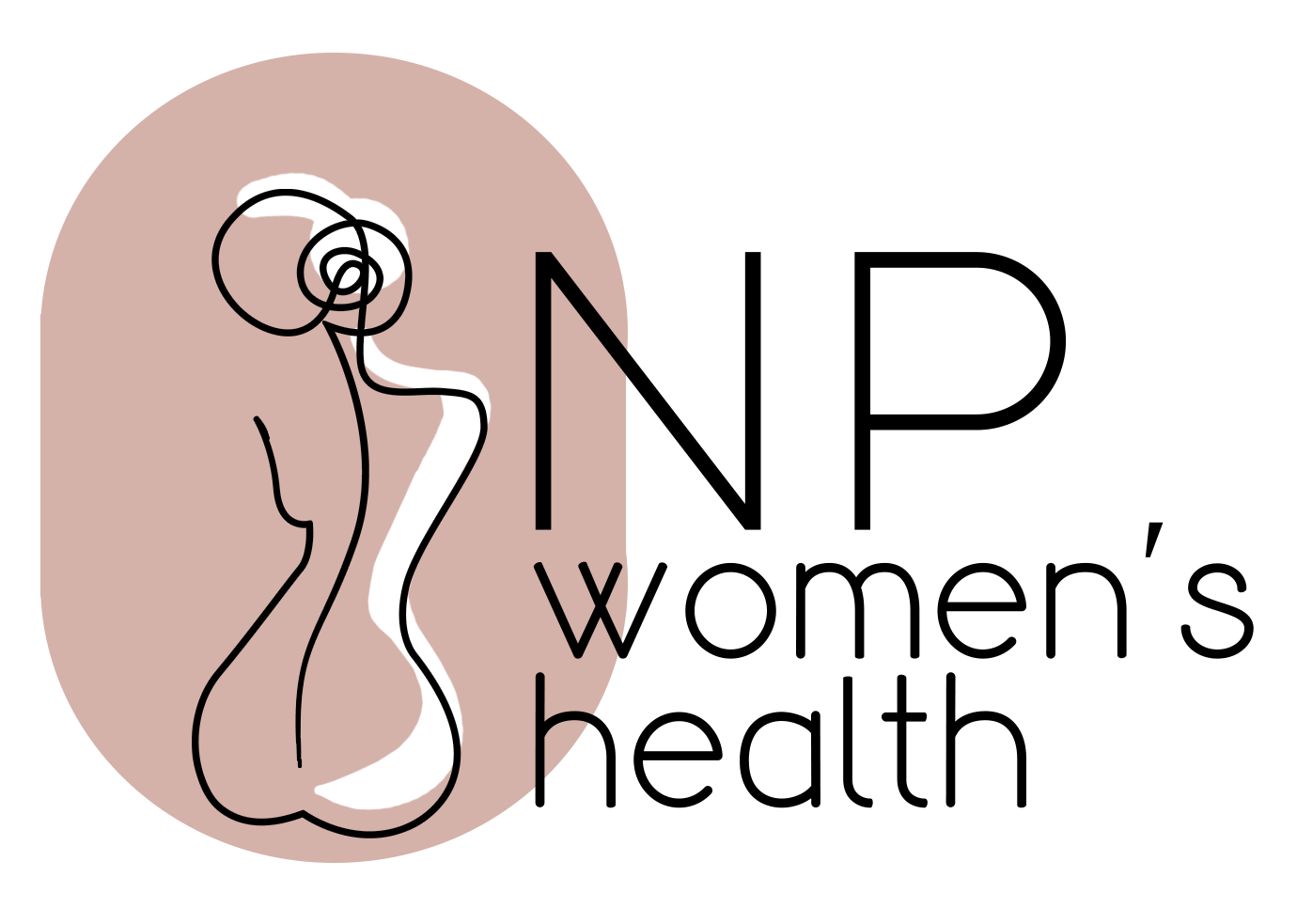The Power of Protein: Why Your Body Needs It and How to Get Enough
Proteins are the unsung heroes of your body. From building cells and repairing tissues to fueling movement, supporting immune function, and even balancing hormones—protein does it all. Without it, your body simply couldn’t function.
What Exactly Is Protein?
Protein is made up of smaller building blocks called amino acids. Out of the 20 amino acids, nine are essential, meaning your body can’t produce them on its own—you must get them from your diet.
Why Protein Matters
Getting enough protein goes beyond just “building muscle.” It plays a role in:
Maintaining lean body mass
Supporting weight management
Keeping you full and satisfied
Promoting recovery and repair
The recommended dietary allowance (RDA) for sedentary adults is 0.8 grams per kilogram of body weight (or about 0.36 grams per pound). However, this is only the minimum to prevent deficiency. Research shows that active women and women in perimenopause or beyond benefit from higher protein intake—aiming closer to 1 gram per pound of body weight.
Food First: The Best Way to Meet Your Needs
Supplements can help in a pinch, but whole foods are the best way to get your protein. They come with vitamins, minerals, fiber, and other nutrients your body needs. Think of protein as part of a balanced plate—not the entire meal. A good rule of thumb: meat should be about the size of your palm or a deck of cards.
Protein-Packed Foods to Try:
½ salmon fillet – 30g
3 oz cooked turkey or chicken – 20g
3 oz shrimp – 20g
6 oz plain Greek yogurt – 17g
½ cup cottage cheese – 14g
½ cup cooked beans – 8g
1 cup milk – 8g
1 oz nuts (almonds, pistachios, cashews, peanuts) – 6–7g
1 egg – 6g
½ cup cooked lentils – 9g
½ cup chickpeas – 7g
½ cup black beans – 8g
3 oz lean beef – 25g
1 cup cooked quinoa – 8g
¼ cup sunflower seeds – 7g
¼ cup flax seeds – 7.5g
2 tbsp peanut butter – 7g
The Takeaway
Protein is more than just a fitness buzzword—it’s essential for your health at every stage of life. By choosing a variety of protein-rich foods and balancing them with fruits, vegetables, and whole grains, you’ll give your body the fuel it needs to thrive.
